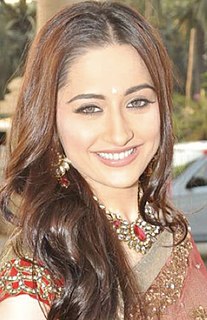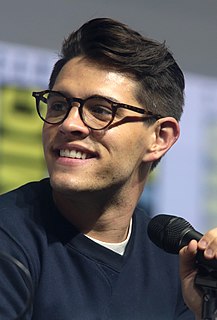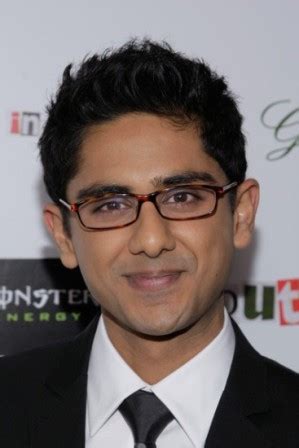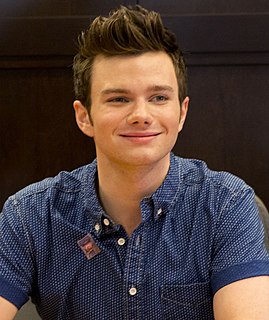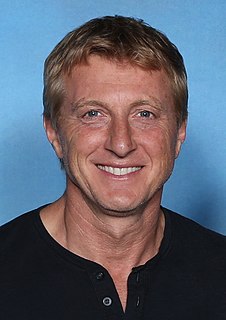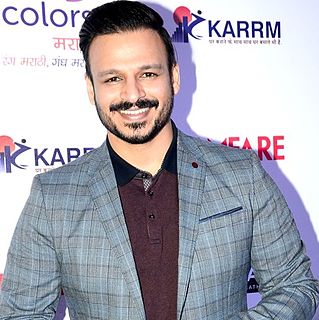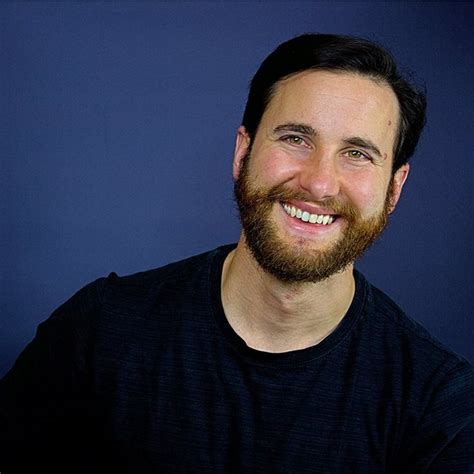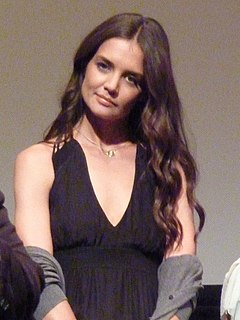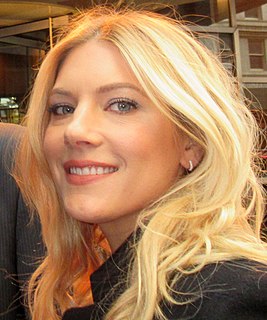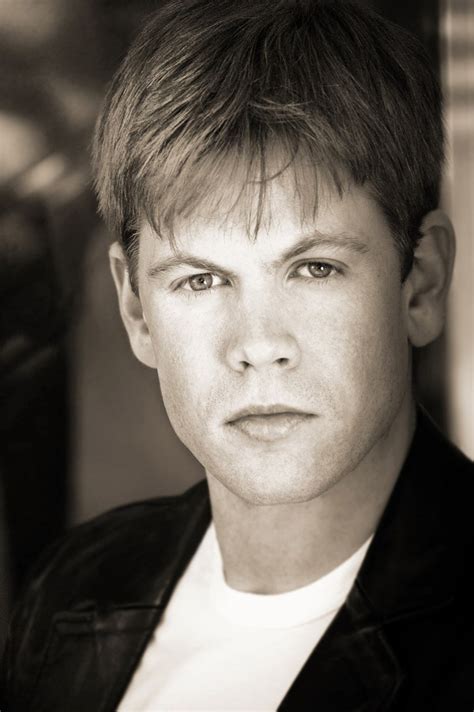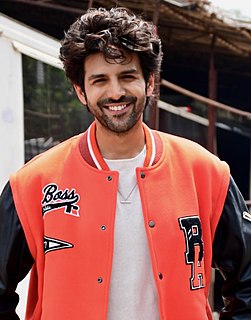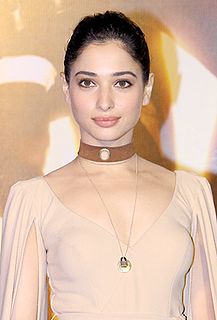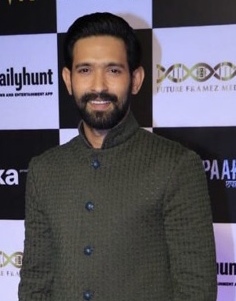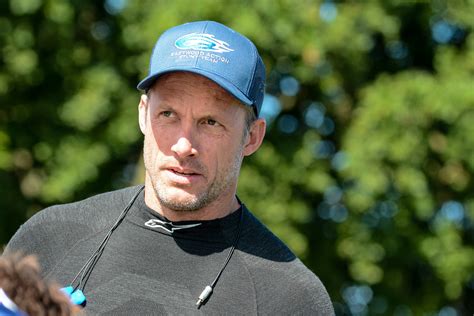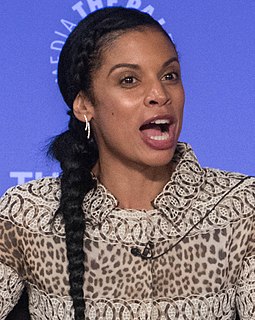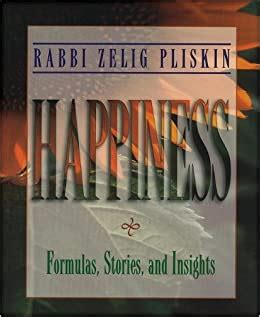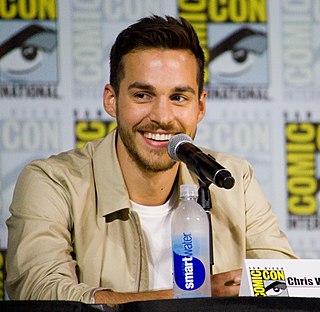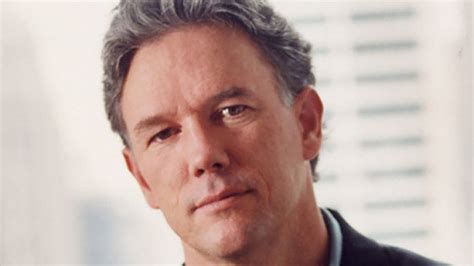Top 1200 Fictional Character Quotes & Sayings - Page 5
Explore popular Fictional Character quotes.
Last updated on November 15, 2024.
In fictional families - in sitcoms, in dramas - the members are sharing huge amounts of their interior lives. And that has not been my real-life experience. In fictional families - in sitcoms, in dramas - the members are sharing huge amounts of their interior lives. And that has not been my real-life experience.
Character is distilled out of our daily confrontation with temptation, out of our regular response to the call of duty. It is formed as we learn to cherish principles and to submit to self-discipline. Character is the sum total of all the little decisions, the small deeds, the daily reactions to the choices that confront us. Character is not obtained instantly. We have to mold and hammer and forge ourselves into character. It is a distant goal to which there is no shortcut.
When writers don't know what to do with a character, they build up the supporting cast and universe to kind of hide that fact. After a while, you can no longer see the character for the underbrush. When that happens, you need to bring out the weed-whacker to clear some of that away so you can focus on the main character.
The script that I fell in love with and adored was 'Jane the Virgin'... but every line in the pilot was essentially, 'Why did you keep my daughter a secret all of these years?' I didn't know any direction my character was going - was it going to be a dramatic character, a comedic character? - I didn't know.




